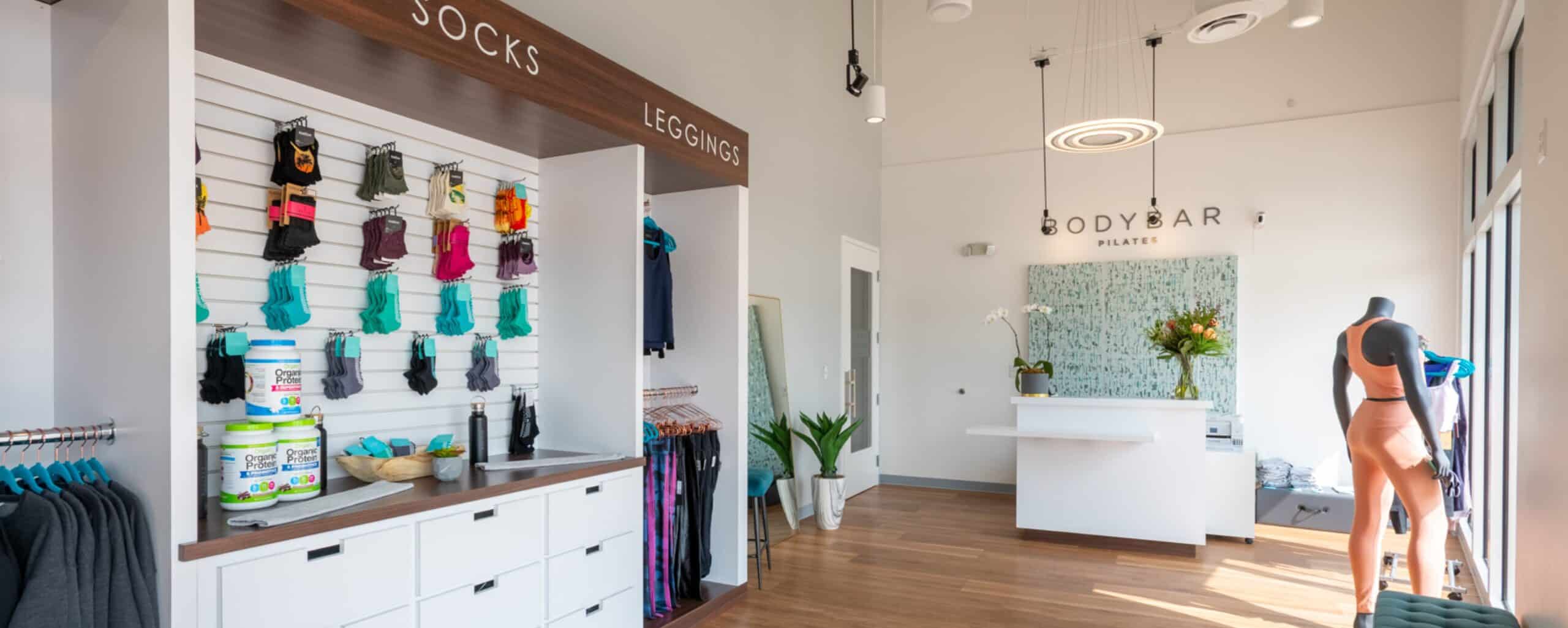What to Look for When Buying a Franchise

Investing in a franchise can be your ticket to an exciting world of professional opportunities. There is so much to consider when deciding which franchise business opportunity to invest in, and we want to help ease the learning curve that comes with exploring franchise ownership. Here are a few franchisor red and green flags to watch out for when deciding on a franchise to own.
Franchise Red Flags
If you’re researching a franchise and find any of these issues, it pays to dig a little deeper and learn more about that aspect of the business. You may find that the problem has been resolved or isn’t as dire as it first appeared. However, looking deeper may also lead you to other areas of concern and save you time, money, and headaches in the long run.
Lack of Franchisee Support
The franchisor should clearly show interested investors the franchisee support they provide. Every brand has its own plan to support new franchisees, and some are better than others at promoting investor growth.
No Franchise Validation Process
The next red flag to look for is a lack of franchise validation steps or resources, such as testimonials from existing franchisees, business health/growth information, and an investor qualification process. Franchisee validators are so important when choosing a franchise that is a fit for you. If a franchise doesn’t offer enough planning considerations for choosing a franchise, you won’t feel comfortable about making a purchase decision. If they won’t help connect you with an existing owner, it’s either an oversight or an evasion; this should raise alarms when you’re considering buying into a franchise system.
A High Number of Franchise-Related Lawsuits
Franchises are a business, and any business is likely to deal with lawsuits. But, if you start investigating and find a large number of lawsuits between the franchisor and franchisees, that’s worth reviewing more deeply. A good franchise agreement will head off most legal issues with a strong support team and transparent policies.
No Territory Protection for Franchisees
Franchisees should have some assurance that they’ll be protected from competition within their own brand’s system. A protected territory enables a franchisee to grow and succeed more easily. Unprotected or non-exclusive territories are a red flag.
Unusually High Franchise Fees
There are two things to look out for when it comes to franchise fees. Either issue may be enough to give a prospective franchisee cause to pause:
- If the initial franchise fee or ongoing costs are higher than the competition’s, simply ask why. Are they really offering that much more (owner support, brand recognition, or another competitive advantage) to warrant higher fees? If so, great. If not, you’ve found them out.
- If a franchise seems to get most of its revenue from the initial franchising fee, investigate. This could be a sign that a franchise isn’t really growing. A successful franchise earns revenue via royalty fees from growing locations, not its initial franchising fee.
Franchising Green Flags (Move Forward!)
There are several important signs that a franchise is the best franchise to own. Because the franchisor/franchisee relationship is so important for success, many of these green flags are facets of that relationship.
Franchisee Reinvestment
One particularly strong green flag is when a franchisee reinvests in the concept by opening new locations or modernizing existing ones. When franchisees are loyal to the brand and excited to expand their locations, it truly showcases the viability of investing in that brand for the first time.
Strong Brand Recognition and Reputation
Does the franchise in question have a strong reputation among its franchisees and in the wider industry? Is it a good member of the communities it operates in? These factors contribute to the brand’s identity and ultimate marketability, which affects every franchisee’s bottom line. A good reputation is like free marketing for the franchisor and franchisee alike.
Support for Franchisees
The franchisor should provide plenty of support for franchisees, beyond the support offered during the signing and onboarding phase. Training, marketing support, technologies, a clear business model and other systems should ideally be in place to help franchisees thrive.
For example, at BODYBAR, we offer marketing support as well as regular trainings for our franchisees and their Pilates studio staff.
A Corporate Team that Believes in the Brand
The last green flag – and arguably the most important one – is a franchise team that believes in the brand. When a franchise’s “home office” team is full of brand ambassadors who help people fall in love with the concept, it is so powerful in creating confidence in new and existing investors.
BODYBAR’s home office team is full of current and former franchisees who are passionate about our concept and eager to share their positive experiences with new franchisees.
BODYBAR Pilates: A Green-Flag Franchise Opportunity
There are obvious and subtle details that help you determine if a franchise investment is a red flag or a green flag. From our franchisee support to our established brand recognition and loyalty, BODYBAR is dedicated to being a green-flag investment. Ready to take the leap? Connect with us today to learn more about franchising with BODYBAR!



